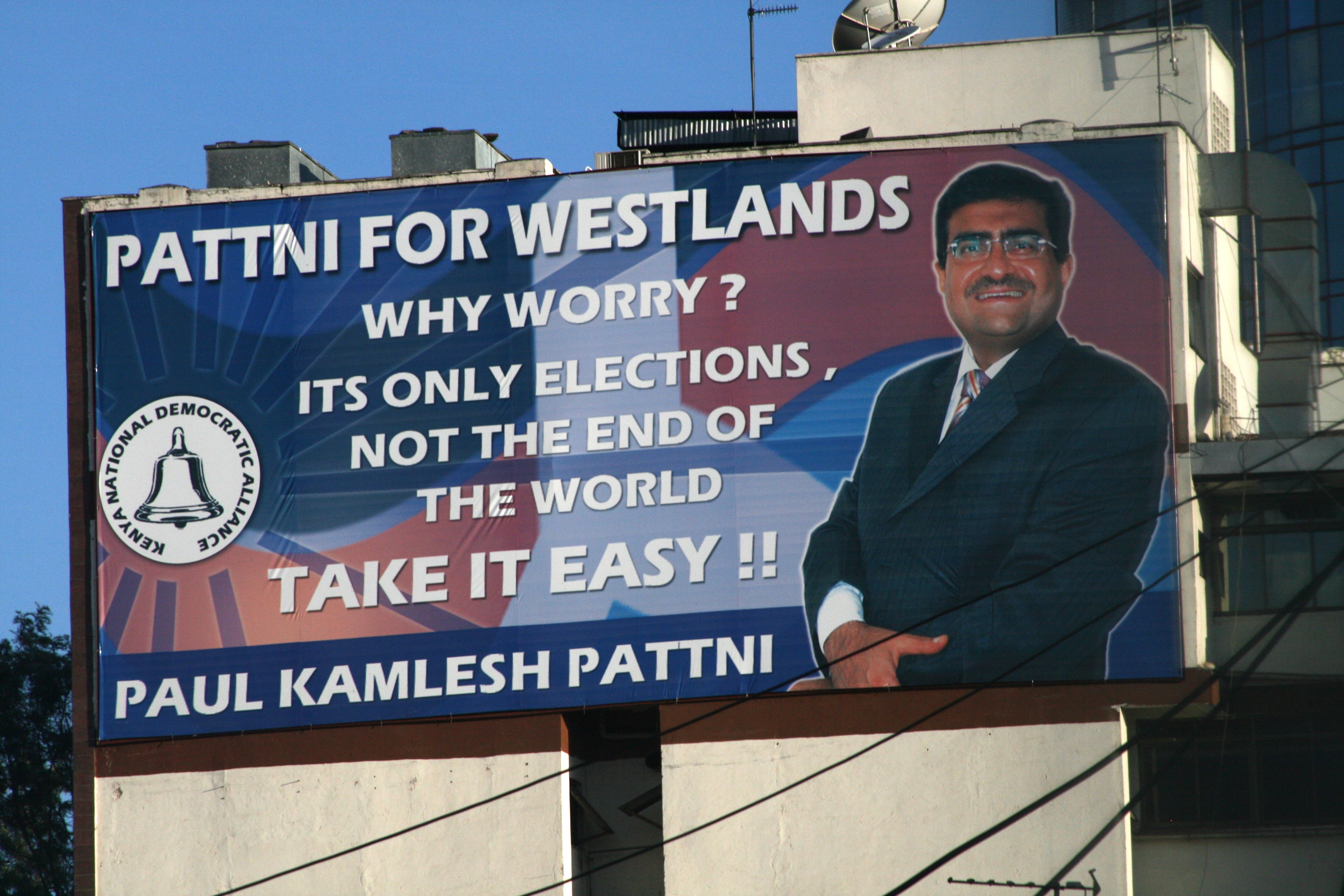Which humanitarian topics are on IRIN’s radar and should be on yours? Check out our curation of upcoming events, topical reports, opinion, and quality journalism:
The winner of the Kenyan election is… “Githeriman”
By the time you read this, the official results of the Kenyan elections might be known. It has been a tense week. The provisional electronic results produced by the electoral commission has incumbent President Uhuru Kenyatta ahead of his main rival Raila Odinga by 1.3 million votes. Odinga has been called on by international observers to accept the result. He had cried foul, alleging the electoral commission’s server was hacked, questioning the credibility of the entire ballot. The commission acknowledged there had been an attempt to break into the system, but said it had failed. Nevertheless, it points to a new frontier in vote security and poll monitoring for all to ponder. The official declaration of the results has hinged on the official forms from the 40,000 polling stations witnessed by the polling agents. But three days after the election, it has been a slog to get all the forms in, and have them verified as authentic. In the meantime, as Kenyans anxiously waited, there was some light relief. Two social media memes, #GitheriMan and #SukumaWikiWoman, have gone viral – uniting Kenyans at least in laughter. Look out for IRIN’s story next week on the impact of devolution on the presidential and equally hard-fought gubernatorial elections.
Here at IRIN, much of our recent reporting on Yemen has focused on the cholera outbreak that is now killing more people than bombs or bullets. But that doesn’t mean the war isn’t rumbling on, or that the epidemic isn’t a result of the destruction it has wrought. This week, the International Committee for the Red Cross said it was alarmed by a pattern of recent airstrikes that have killed civilians in the Saada and Taiz provinces – the most recent bombing reportedly killed nine members of one family. For an honest (read: profanity warning) window into what it’s like for an aid worker in country for just a few weeks, check out this short comic by communications professional Yazan al-Saadi who visisted Yemen for Medicins sans Frontieres. The airstrikes, the war-wounded, the torture victims and their families, it’s all here in a digestible format. As a Syrian with a Canadian passport who has worked in plenty of conflict zones, al-Saadi (who teamed with Ghadi Ghosn for this project) says the rubble and fear is all too familiar. That doesn’t make it any better.
While the poor drown for the chance of a better nationality, others have a glossy brochure. From Austria to Grenada, a new guide published by the Financial Times group offers à la carte migration options for the super-rich. It's a guide to 12 jurisdictions offering options for anyone shopping for a new nationality. Austria is the most expensive, requiring $8-10 million just for a chance to be considered. If you’re in a hurry, Vanuatu, at $130,000, might be willing to fix you up in as little as a month. Looking at standards of living and other strings attached, such as limitations on dual nationality, the report comes up with a ranking. This year Dominica comes out on top, Cambodia is last. The numbers are not generally made public, although Malta, an EU member, reports it raised €218 million in fees and investments by immigrants in one year. Could this be a new source of development finance? Vanuatu, for example, introduced a "Citizenship By Investment" scheme in 2015 following its pummeling by Cyclone Pam. As desperate migration continues to grab headlines, the Professional Wealth Management report makes the claim that passport funds can "result in an upturn of fortunes for nations, and in the implementation of critical development agendas."
The price of Colombia’s peace deal
A quick glance at headlines mentioning Colombia over the past year could give you the impression the country is on the verge of peace. To much fanfare, the government signed an agreement in 2016 with the country’s largest insurgent group, the FARC. One would therefor expect to see a sharp drop in the number of people displaced by conflict. But the stats tell a different story, as the Norwegian Refugee Council points out. There has actually been a 20 percent increase in displacements in the first half of 2017 compared to the same period last year. There are still many armed groups in Colombia, including the second largest, the ELN, and more are emerging as former FARC fighters defect. “When FARC combatants left their territories, and laid down arms earlier this year, some discarded areas became coveted spoils for which other groups started competing violently,” says NRC. [More on this from IRIN. The NRC warns that if the government truly wants to push the country along the path to peace, it needs to provide opportunities to young people and former combatants in order to convince them not to join armed groups.
No, you probably didn’t. US President Donald Trump has levelled biblical threats at North Korea and tensions continue to escalate regarding nuclear strikes. A state-run newspaper in China suggested that if North Korea attacks first, China should remain neutral. But China should defend North Korea against any aggression. The UN Security Council has approved new sanctions on Pyongyang for its missile testing –missiles that now might be able to reach mainland United States. Meanwhile, 25 million North Koreans are facing one of their worst droughts in decades and urgent food imports are needed. Brush up on the humanitarian history and future for North Korea with our comprehensive backgrounder.
as/bp/jf/wp/oa
TOP PHOTO: Good advice from a 2007 Kenyan election poster. Unfortunately the election degenerated into serious violence - and Pattni lost.




